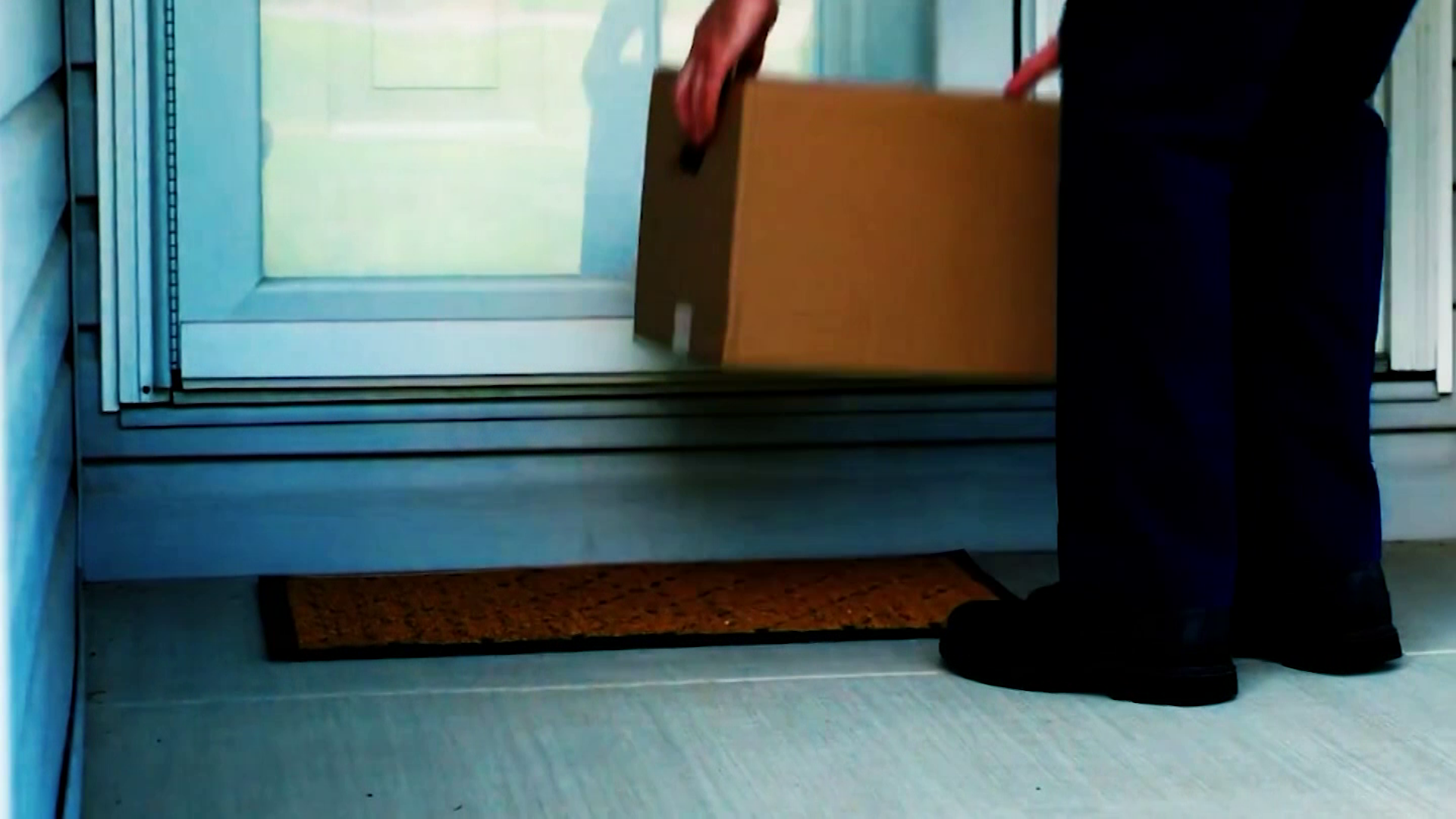When NBC5 Responds first met Adam Motz and Tee Lam in December 2020, the Chicago couple was waging a battle on two fronts, with one goal in mind: To start a family.
First, they had to confront the obstacles that face any gay couple trying to conceive. That, they said, turned out to be the easier part.
The second battle was not one they had anticipated, alleging their health insurer discriminated against them because they are gay.
Today, Adam and Tee have their hands full raising their one-year old twins, Sky and Reve.
After almost two years fighting for reimbursement of their fertility costs from insurer BlueCross BlueShield (BCBS) of Illinois, the complaint they filed with the Illinois Department of Human Rights has led to a settlement that reimbursed them approximately $11,000 in dispute, they told NBC5 Responds.
About $2,000 of their denied costs were reimbursed to the couple after NBC5 Responds first inquired about their case in 2020.
“They really did make it as difficult as possible for us,” Motz said. “BCBS explicitly told me twice over the phone that they were not going to cover us because we were in a male-male couple relationship.”
BCBS denies any discriminatory treatment in this case, telling NBC5 Responds:
“Blue Cross and Blue Shield of Illinois is committed to diversity, equity and inclusion across our company regardless of race, color, national origin, sex, gender identity, age, sexual orientation, health status or disability. Our company policies also are consistent with that commitment. Our role is to provide our members with access to quality, cost-effective health care consistent with the terms of their benefit coverage. Such coverage may be provided by government programs like Medicare or Medicaid, self-insured employers or fully insured plans.”
The insurer did not offer comment on a voicemail left on Motz’s phone, in which he said a BCBS representative directly links the denial of the couple’s expenses to the fact that they are a male-male couple.
Feeling out of the loop? We'll catch you up on the Chicago news you need to know. Sign up for the weekly> Chicago Catch-Up newsletter.
You can listen to that voicemail below:
“We were shocked,” Lam told NBC5. “A lot of us in the LGBTQ community, we can’t even have kids because there’s so much that we have to go through… We never expected this from our insurance.”
At least one other Chicago-area couple alleges similar discrimination by BCBS of Illinois.
Unrelated to Motz and Lam’s complaint, plaintiff Kelsey Murphy filed a proposed class action lawsuit in the Northern District of Illinois, alleging the insurer engages in sex discrimination by denying LGBTQ individuals equal access to fertility treatment.
Kelsey Murphy and her partner in 2021 said their efforts to have fertility expenses covered were denied by BCBS, based on company policies that cover the same procedures for heterosexual couples.
The complaint cites a BCBS policy that provides “immediate” fertility coverage to individuals who, after 12 months of unprotected intercourse, fail to get pregnant.
A policy that they believe on its face excludes gay couples.
“We have alleged that she has been discriminated against in her efforts to get her fertility covered,” Murphy’s attorney Molly Wells told NBC5 Responds. “Ms. Murphy is just hoping for justice.”
In its response to the complaint, BCBS asked a federal judge to dismiss the case, saying the plaintiff failed to prove the terms of her BCBS plan intentionally discriminate against individuals in same-sex relationships.
The insurer declined to comment further on the case to NBC5.
Back at their home in Chicago, Motz and Lam say the proposed class action does not surprise them, after their struggle with BCBS.
The couple says part of the reason they spent two years pursuing their discrimination claim was to help others who might be similarly treated by BCBS or any other insurer. Lam said the dispute was almost too much to bear while also awaiting the birth of their twins. But Motz refused to give up.
“He was, like, ‘No, we have to do this not only for us, but for the next people who are coming,’” Lam recalled. “And I thought that was a beautiful thing.”



